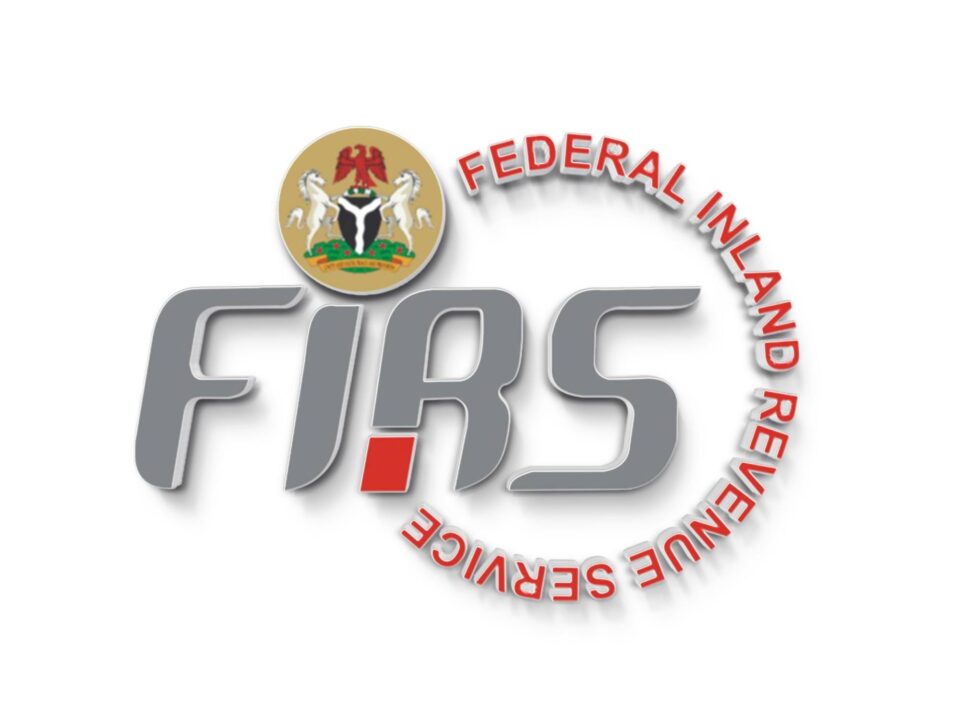The Federal Government has started the rollout of a new national Electronic Fiscal System (EFS) aimed at modernising Nigeria’s tax administration, reducing tax evasion, and improving transparency in revenue collection. The Federal Inland Revenue Service (FIRS) confirmed that the EFS, which includes an electronic invoicing platform known as the Merchant-Buyer Model (MBM), officially went live on August 1, 2025, after a pilot phase that began in November 2024.
The first stage of the project is targeting large companies with an annual turnover of N5 billion and above. The system is designed to make tax compliance easier, faster, and more transparent for taxpayers. It will also give the FIRS real-time access to commercial transaction data while ensuring invoices are authentic, accurate, and complete.
In a statement released on Sunday, the Special Adviser on Media to the FIRS Chairman, Dare Adekanmbi, disclosed that in less than two weeks since the launch, about 1,000 companies — representing 20 per cent of the over 5,000 eligible firms — have already adopted the system and started integrating with the FIRS MBM platform.
The agency extended the initial August 1 compliance deadline by three months to November 1, 2025, to allow companies that had genuine challenges to complete onboarding. This extension, according to the FIRS, will ensure that businesses making sincere efforts to comply are not penalised.
The revenue service revealed that MTN Nigeria became the first taxpayer to transmit live electronic invoices to the FIRS, marking the official start of the e-invoicing era in Nigeria. Technology companies Huawei Nigeria and IHS Nigeria have also completed test transmissions and are expected to go live in the coming days.
To support the rollout, the FIRS is working with the National Information Technology Development Agency (NITDA) to bring in service providers who will serve as system integrators and access point providers. These partners will assist companies with onboarding, system integration, and the electronic transmission of invoices.
The FIRS praised the cooperation of large taxpayers, tax consultants, and service providers in ensuring the success of the initiative. The agency also encouraged all remaining eligible companies to use the extended deadline to complete their onboarding and integration processes.
The EFS project will be implemented in stages. After the large companies have been onboarded, medium-sized and emerging businesses will join the system. The platform follows global standards and supports the government’s wider plan to improve revenue assurance, cut down on tax evasion, and streamline revenue reporting under the Nigeria Revenue Services Reform Act.
According to the FIRS, its e-Invoicing Implementation Team will continue engaging stakeholders through webinars, workshops, and town hall meetings to make the transition smoother before the November deadline.
The move to digitise Nigeria’s tax administration is part of President Bola Tinubu’s reform plan to expand the country’s tax base and fix loopholes in the revenue system. His administration has been working to address issues like multiple taxes, weak coordination between agencies, and leakages in collection. The President set up the Presidential Committee on Fiscal Policy and Tax Reforms, led by Taiwo Oyedele, to drive these changes.
From January 2026, four new tax laws, including the Nigeria Tax Act and the Tax Administration Act, will come into force. These laws will bring in new measures such as digital taxpayer registration, stricter reporting requirements, and mandatory disclosure of beneficial ownership to reveal hidden income behind shell companies. They will also make sure that transactions structured mainly to gain tax advantages are reported more transparently.
The introduction of the EFS marks a significant step in Nigeria’s journey toward a modern, technology-driven tax system that can improve efficiency, boost government revenue, and support economic development.
